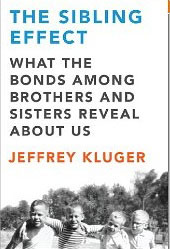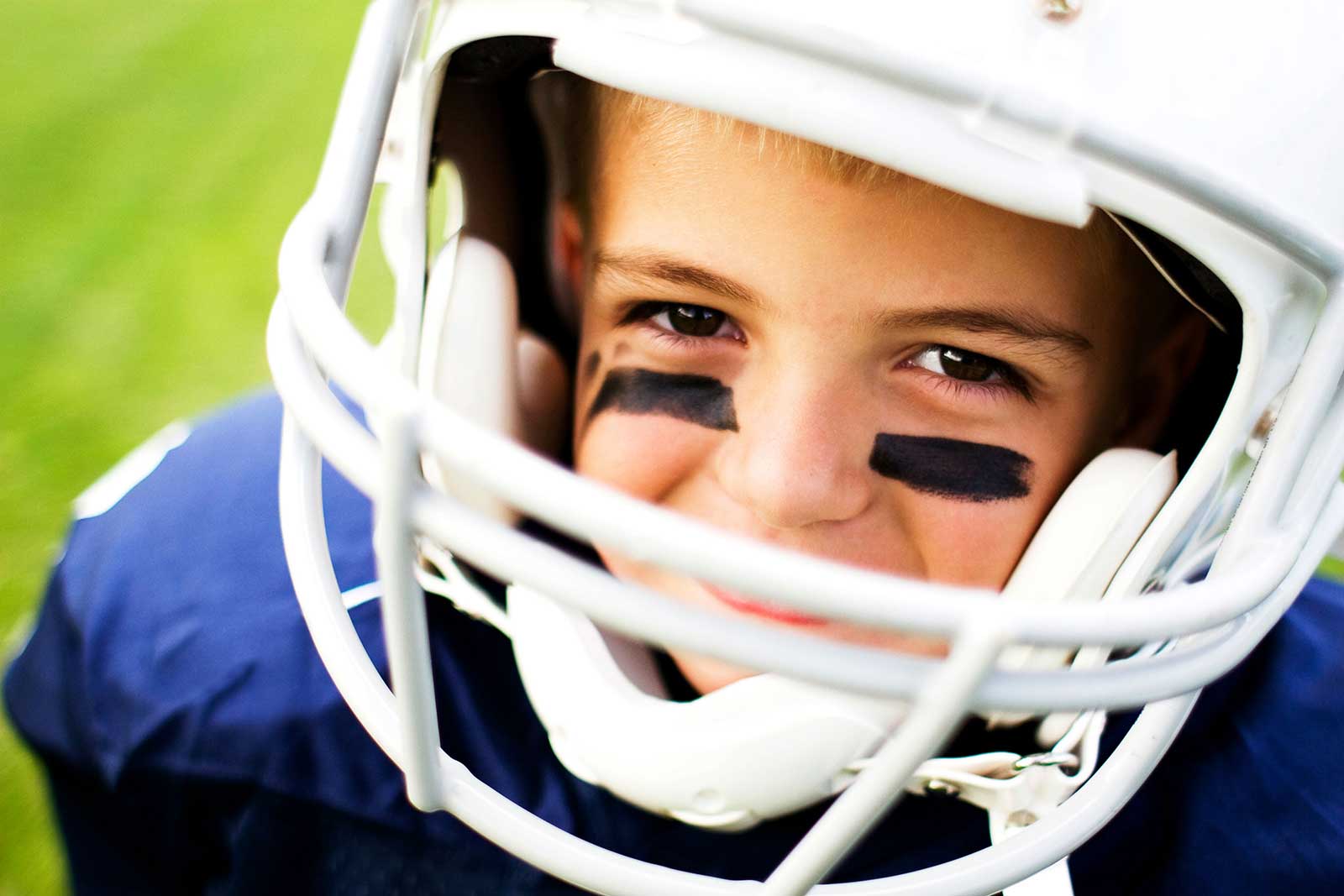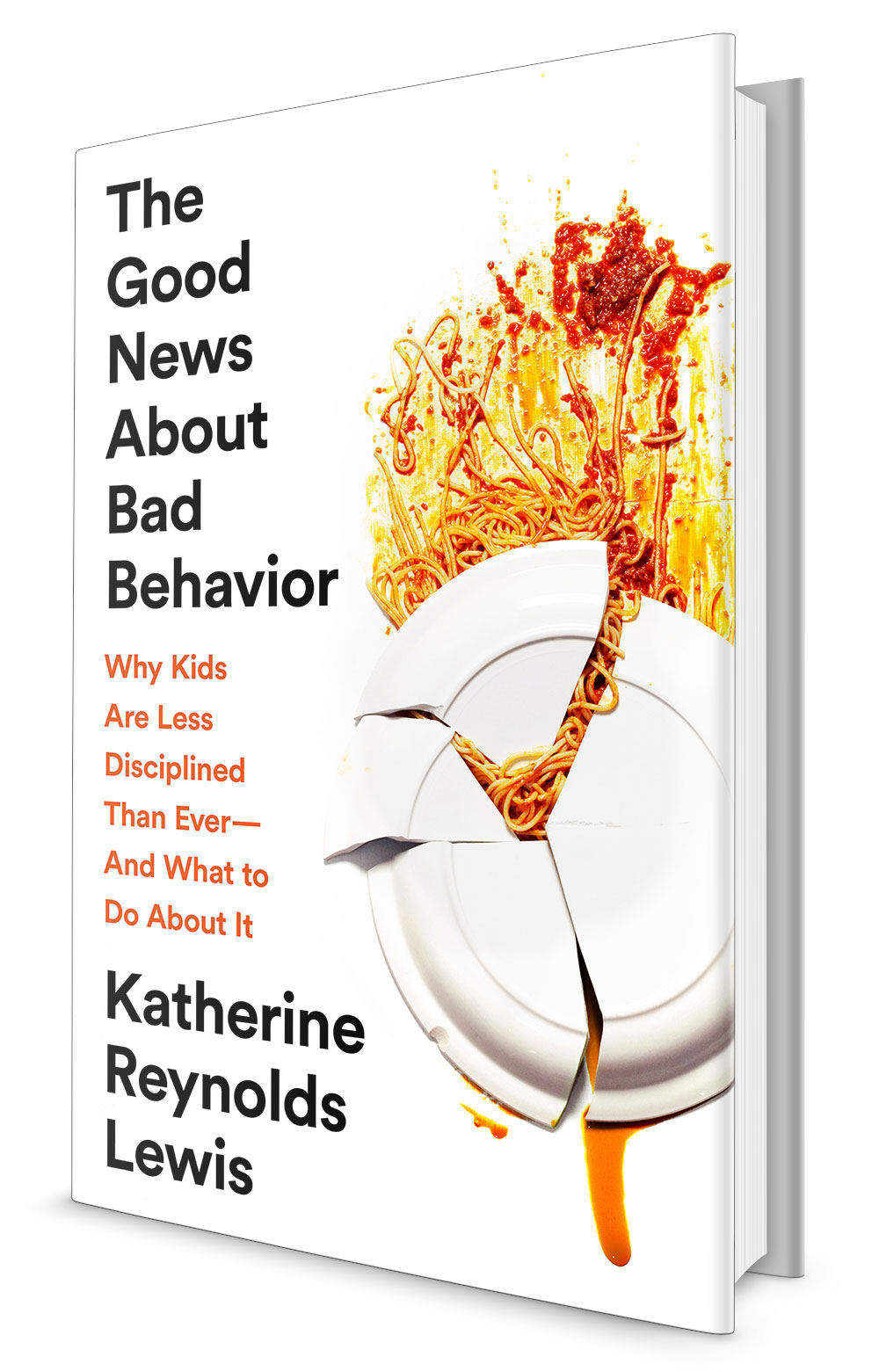Birth order and sibling issues are always interesting to me…and this book leveraged a lot of research into the science of sibling relationships and in the process, discusses some really provocative topics…Check it out…
THE SIBLING EFFECT: What the Bonds Among Brothers and Sisters Reveal About Us by Jeffrey Kluger, has been fueling the discussion around siblings and the impact of birth order and genes, of favoritism and broken homes, of competitiveness, gender, sexuality, and more.
Kluger, a Time magazine science writer and the New York Times-bestselling coauthor of Apollo 1, shared some controversial findings from his research, including…
- Firstborns are smarter. If you’re a firstborn, chances are you’re the smartest sibling in the family, with a 3-point IQ advantage over the second born. The second born, in turn, has a 1.5-point advantage over the third. But don’t worry if you’re the last of 12: The IQ decline flattens out after three or four children.
- Men with sisters are better listeners. Men who grew up with sisters are generally rated by female dates to be better listeners than men raised only with brothers. Women who grew up with brothers, similarly, are considered by male dates to be tougher and more easygoing than women who grew up with only sisters. This is generally true even when the dates don’t know each other’s sibling past.
- Younger sibs are more empathetic. If you were the youngest or physically smallest in your family, you may be better than your siblings at intuiting other people’s thoughts and feelings. This kind of interpersonal antenna is what psychologists call a “low-power strategy”—a clever way of countering the high-power strategy of a bigger or older sib.
- Smoking, alcohol, drugs—and especially pregnancy—are contagious. Do you smoke or did you ever? The presence of an older smoking sib makes a younger sib four times likelier to start. The same is true of drugs and alcohol. For teenage pregnancy, the problem is even worse: A younger sister is five times likelier to be a teen mom if her older sister is one already.
When it was first published, THE SIBLING EFFECT received rave reviews from The Washington Post, Entertainment Weekly, Boston Globe, Associated Press, Parent Magazine, among others. Jeffrey Kluger has appeared on national TV to discuss his work and shared his TED talk about the book.
Jeffrey Kluger is a senior writer and writer at Time magazine. He is the co-author of the New York Times bestseller Apollo 13, and is also the author of Simplexity, Splendid Solution, and Moon Hunters. He lives in New York City with his wife and daughters. With insight and humor, Kluger—who has three brothers, a half brother, a half sister, and two former stepsisters—weaves his own experiences of growing up in a contentious, at times dysfunctional family into his comprehensive examination of sibling relationships.
Editor’s Note: Interesting…what do you think? Do you feel that your own birth order maps who you are in life? How do your own sibling relationships affect your adult friendships? And, can we “cheat science” by being aware of the trends and likely outcomes to map out our own choices?







Leave A Comment